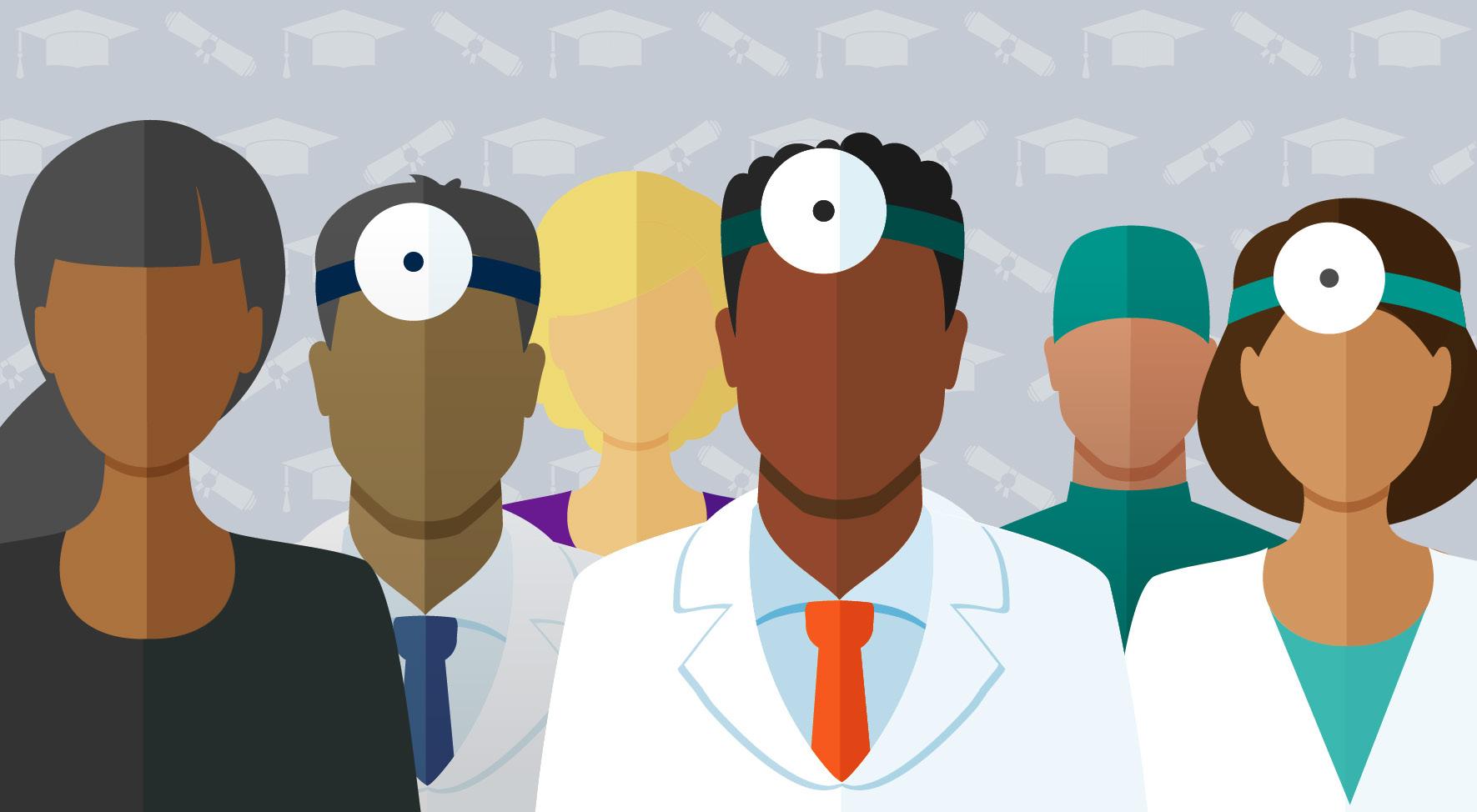
8 minute read
New Technology will
New Technology will Define the Future of Farming
When you think of automated vehicles, you probably think of driverless cars. While that particular movement is certainly in the news, it’s not the only place where driverless technology is gaining momentum. Did you know that driverless technology innovations are occurring every day in agriculture as well? While most of us won’t see this technology since it’s confined to the farm, driverless tractors are poised to change the way our food is grown. The race to autonomy Today’s driverless tractors still need an operator to keep the tractor on task. But for 20 years, farm equipment manufacturers have been working on building a precision platform with GPS navigation to provide tractors with pure self-driving automation. The ultimate goal is to offer farmers driverless equipment that is smart - or autonomous - so it can perform tasks completely independent of human intervention. The farm equipment industry has spent a couple of decades moving toward developing autonomous equipment, and the race to commercially market that equipment has recently moved into high gear.
In 2016, both New Holland and Case IH introduced autonomous tractor prototypes, which the companies are still testing in the field. At the same time, John Deere signaled its commitment to autonomous machinery when it acquired Blue River Technology - a company that specializes in computer vision and machine learning, key technologies for developing smart farm equipment. The digital component In addition to performing the desired tasks, smart farm equipment also has the ability to capture vital data about the operation and how the land is being used. This data will be invaluable to farmers, according to Dan Burdett, global head of digital agriculture at Syngenta.
“The driverless tractor and automated farm equipment will be able to record any field event, which is important for developing insights, such as calculating return on investment,” he says. “Capturing timely and accurate data to document field applications for reports and stewardship requirements will also be possible.”
Because various sensors, tools and artificial intelligence will automate data collection, Burdett says the data will “enable a whole new level of decision-making capabilities. Growers will benefit from all of it,” he says, adding that the adoption of digital technologies in the ag industry is inevitable and moving fast. “It’s escalating, and that’s driven partly by farm economics,” says Burdett. “It’s very important for farmers to know their numbers. Digital tools and information technology can help farmers be better business people.”
The future of autonomy For many years, the components needed to bring autonomous vehicles to market were cost-prohibitive for ag manufacturers. But that is changing.
Uber, Google and Tesla have made big investments in technology for their self-driving cars, which has substantially lowered the cost of some components that are also used in automated farm equipment.
As more industries use these components, prices will drop further, placing autonomous technology within reach of farmers. The field of automated farm equipment is fertile, and it’s growing rapidly.
To learn more about automated farm equipment and other agricultural trends, go to www.syngentathrive.com.—
Primary Care, Continued from page 6 South West Georgia, Inc. At the R.E. Jennings Clinic, located on the other side of a railroad track, I was the only primary care physician at the facility, and ‘supervised,’ a Physician Assistant, whose son, was a Morehouse Graduate.
This, so-called, mid-level, was much more experienced than me. At Jennings Clinic, I was excited to make an immediate impact, I explored grant funding opportunities through the Hartford Foundation, mailed literature reviews to my patients discussing their conditions, wrote order sets for their outpatient electronic medical record, advocated for partnerships with local cardiologists, and the Georgia Lions Lighthouse to provide free diabetic screenings. Yet, after 1-month working there, I was written up by human resources for “eating my coworkers food.” Four months later, I realized that to apply for some of the grants that would have improved the clinics
GetRuralLeaderMag.com | July 2018 11 infrastructure, patient care, and relationship to the community at large, that I would need to have an administrative title of “medical director.” I scheduled a meeting with the CEO to discuss this, and had not intended to request an increase in my nice salary. During the meeting, which had to be re-scheduled the CEO, and the Human Resources supervisor suggested that I resign, in lieu of being terminated, for “ongoing concerns for eating my co-workers food,” and “being better off in an academic environment.” I had not been approached by either of these concerns, so, I resigned. Of note, I had recently helped to interview, and hire a replacement.
Nevertheless, the CEO, and I maintained open communication, and she congratulated me for a recent academic recognition. I contacted Primary Care of South West Georgia, Inc., where I had recently been offered a position, and they re-interviewed me, and gave me a contract, however later sent me an email stating that rescinded the offer and that “they were no longer in need of my services,” this was where the CEO of the facility told me to call her “Nana.” Soon thereafter, I obtained an outpatient clinical, with inpatient responsibilities at Jefferson Hospital in Louisville, Georgia, located in Jefferson County, population 16,106.
This required an “arduous,” 30 hour per week drive from Albany, Georgia through country terrain, backroads, and dark roads, with sparsely distributed gas stations, and a lot of farm land. On more than one occasion, my GPS failed, and I had been lost in the woods in the middle of the night with no navigation, or cellular phone signal. On one of these long drives, I ran out of gas, which I presumed was secondary to leak in the tank, and contacted the CEO via email, who stated “good luck with your car,” but offered no other assistance. In addition, in my rush to get to work I was pulled over by the local police for Continued on page 12
12 RuralLeaderMagazine.com | July 2018 Primary Care, Continued from page 11 speeding, and went to “jail,” holding for less than 4 hours, and the hospital administrator required that I be suspended from my clinical duties, pending an “investigation” of the traffic related violations. Of note, prior to investigation, or providing traffic tickets I was suggested to resign, in lieu of a formal review by the Hospital Board. This is not a National Practitioner Database reportable event. Yet later on, I was congratulated by the CEO for a recent accomplishment. Here, I would like to pause, and consider this quotation by Dr. Benjamin Elijah Mays, a good Morehouse Man: “It must be borne in mind that the tragedy of life doesn’t lie in not reaching your goal. The tragedy lies in having no goal to reach. It isn’t a calamity to die with dreams unfulfilled, but it is a calamity not to dream. It is not a disaster to be unable to capture your ideal, but it is a disaster to have no ideal to capture. It is not a disgrace not to reach the stars, but it is a disgrace to have no stars to reach for. Not failure, but low aim is sin.”
So, I kept trying to do what I had been trained to do. I contacted Wilcox Prison, part of the Augusta University Hospital System, and they offered me a full time position in their all male prison. However, upon receiving an “adverse” work reference from AAPHC, they rescinded the offer, which I was told in email was related to clinical performance— however, when I requested, and reviewed my clinical performance evaluation, it was not poor quality. The performance evaluation is included for review.
In the meantime, and in between time, I worked for several locum tenens groups including Radar Healthcare, where I obtained Staff Physician at Washington Regional Medical Center; and Censeo Healthcare, Inc. a Dallas, Texas entity where I provided local wellness visits for homebound elders in Georgia with Aetna health insurance. I would be remiss, if I did not mention a locum experience through AB Staffing which helped me obtain an excellent opportunity in Ogema, Minnesota taking care of Ogibwa Native Americans at White Earth Indian Health Center. This experience lasted 3-weeks, after which I was contacted by the staffing company via email that my “contract was being terminated,” and “that my services were no longer needed.” And, via phone conversation, that, however “my reputation is intact.”
When I probed further, he explained that they were concerned about me calling out sick, and had some concerns about my documentation, amongst other things. However, I did receive a good performance evaluation from one of their administrative supervisors. “I was concerned about how the patients might feel going to a health center, named “White Earth.”
And how this might affect their morale, or mental health.” Being encouraged by my Meharry Colleague, Dr. Justin Turner, who started his own private practice, I decided somewhere throughout this process that I should do something similar. And, reached out to the State Medical Education Board of Georgia (SMEB), to approve my private practice, which would be housed in Albany, Georgia, but provide house calls to homebound individuals, and telemedicine services in Lee County, and telemedicine services to counties that met the specifications of the board. However, on multiple occasions they declined to approve this practice. Stating, on one particular occasion, that I failed to answer their questions, and participate in a conference call.
And, that the practice location was not located in an eligible county. Yet, this is the same practice site scenario, per se, as AAPHC, which is also located in Dougherty, but practice site in Lee County. Of note, the particular conference call in which I was too participate, started at 4pm, and ended at 5pm, yet the Board called me after 5pm, and at which point I was actively involved in taking care of my two young children.
In the meantime, I volunteered at the local Samaritan Clinic, a free clinic, in Albany, Georgia, and have obtained a full-time job washing dishes at a local Italian restaurant Villa Gargano here in Albany, Georgia.
Consider this, by President Barack Hussein Obama:
“The future rewards those who press on. I don’t have time to feel sorry for myself. I don’t have time to complain. I’m going to press on. . .If you are walking down the right path. And you are willing to keep walking, eventually you’ll make progress.”
This applies to healthcare providers, patients, and the healthcare establishment.—
About the Author Samuel K. Williams, III, M.D. is a graduate of Morehouse College, and Meharry Medical College. He lives with his wife and children in Albany, Georgia.






